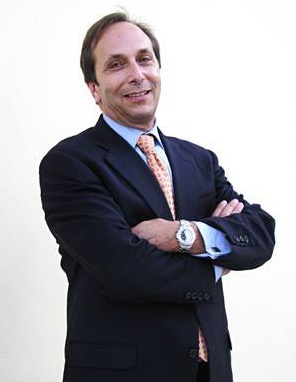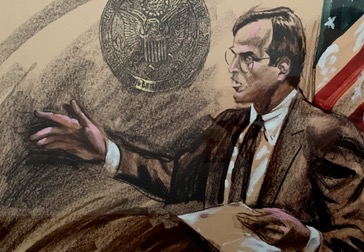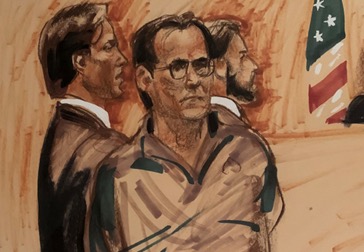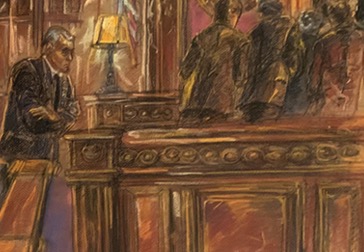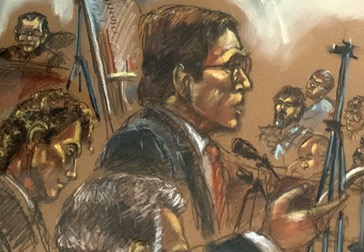The FCPA Corporate Enforcement Policy in Action-Part I
We had three major Foreign Corrupt Practices Act (FCPA) cases resolved in Q2 2018. They all reached different resolutions under the new FCPA Corporate Enforcement Policy and the new anti-piling on policy. I thought it might be interesting to review the matters and consider what differences led to the results under the new Department of Justice (DOJ) FCPA Corporate Enforcement Policy. Over the next couple of blogs posts I will be considering these enforcement actions and their results under the new FCPA Corporate Enforcement Policy.
1. Dun & Bradstreet
Dun & Bradstreet, Inc. (D&B) recently resolved a long-standing FCPA investigation with excellent results. The first was that it received a declination from the DOJ from prosecution of any criminal matters on several basis. It resolved a civil violation with the Securities and Exchange Commission (SEC) for $9.2 million consisting of a penalty and interest and disgorgement of illegally obtained profits. While the case had been ongoing since 2012, it was the first major FCPA matter resolved after the implementation of the new FCPA Corporate Enforcement Policy by the DOJ.
The response of D&B led to the declination, in the face of clear evidence of what the government said was “the bribery committed by employees of the Company’s subsidiaries in China”. There were several levels to D&B’s robust response. The first was that the company uncovered the conduct and self-reported to the DOJ and SEC. Next, the company engaged in a thorough investigation, fully cooperating with the DOJ; including reporting all relevant facts, making both former and current employees available for interviews by flying them to the US. Finally, and per the Yates Memo, the company identified “all individuals involved in or responsible for the misconduct”.
Equally significant was the remediation D&B engaged in. Since the self-disclosure, D&B has worked to create one of the top compliance programs and engage in significant discipline. They terminated those involved directly in the misconduct but went much further “disciplining other employees by reducing bonuses, reducing salaries, lowering performance reviews, and formally reprimanding them”. The level and degree of discipline demonstrated a significant level of commitment to a culture of compliance far beyond the company’s compliance program.
2. Panasonic Avionics
The penalty assessed was approximately $280 million broken down into a $137 million payment by the company’s US unit, Panasonic Avionics Corp (PAC), in criminal penalties to the DOJ with a Deferred Prosecution Agreement (DPA). The Japanese parent, Panasonic, agreed to pay disgorgement of $126,900,000 and prejudgment interest of $16,299,018.93, for a total payment of $143,199,018.93 to the SEC.
This matter involved massive bribery and corruption schemes, for nearly 15 years, with the participation of top management at PAC. Two of these men left the company in 2017. They were Chief Executive Officer (CEO) Paul Bottiaux. The corruption schemes encompassed airlines across the globe and even domestically in the US. In addition to the bribery and corruption, the conduct was also anti-competitive in nature. It certainly appears that such illegal conduct was a part of the overall business strategy and business plan of the US subsidiary.
The company did not self-disclose to the DOJ or SEC. The DPA stated, “The Company did not receive voluntary disclosure credit because the Company’s disclosures occurred only after the Securities and Exchange Commission requested documents from Panasonic related to possible violations of anti-corruption laws.” Once informed about the allegations, PAC conducted a “thorough internal investigation; making factual presentations to the Fraud Section; providing facts learned during witness interviews conducted by the Company; voluntarily making U.S. and foreign employees available for interviews in the United States with the Fraud Section and the SEC; in one instance, proactively alerting the Fraud Section to material information relevant to the investigation; collecting, analyzing, and organizing voluminous evidence from multiple jurisdictions; and disclosing to the Fraud Section conduct in the Middle East of which the Fraud Section was previously unaware.”
PAC also engaged in significant remediation. As noted above, the CEO and CFO left the company and other senior executes were fired or left the company. It enhanced its compliance program. The company also “established an Office of Compliance and Ethics led by a new Chief Compliance Officer, implemented new compliance and accounting procedures, and enhanced internal accounting controls.” Through this cooperation in the investigation and extensive remediation, the company received a 25% discount off the minimum range of the Sentencing Guidelines.
3. Credit Suisse
The final matter was Credit Suisse Group AG (CSAG) and Credit Suisse (Hong Kong) Limited (CSHK), a subsidiary of CSAG, which settled their FCPA enforcement action for just over $77 million for the illegal hiring of family members and close personal friends of Chinese government employees and employees in Chinese state-owned enterprises. CSAG obtained what can only be described as a superior result in CSHK receiving a Non-Prosecution Agreement (NPA) and the US entity agreeing to a Cease and Desist Order.
CSHK did not receive any credit for self-disclosing the FCPA violations and “because neither it nor CSAG voluntarily and timely disclosed to the Offices the conduct described in the Statement of Facts”. However, CSHK did receive “partial credit for its and CSAG’s cooperation with the Offices’ investigation, including credit for conducting an internal investigation, making factual presentations to the Offices, voluntarily making foreign-based employees available for interviews in the United States, producing documents to the Offices from foreign countries in ways that did not implicate foreign data privacy laws, providing translations of foreign language documents, and collecting and presenting evidence to the Offices”. Tellingly, it did not receive full credit for its cooperation “because its cooperation was reactive, instead of proactive.”
CSHK did institute significant remediation. Yet here CSHK did not receive full credit as it did not discipline those within the organization who “engaged in the misconduct, and instead only recorded policy infractions internally and provided notices of infractions”. For all of the above and some other efforts, the company received a 15% discount off the bottom range in the Sentencing Guidelines. It is also important to note that the SEC stated in its Order, “Respondent acknowledges that the Commission is not imposing a civil penalty based upon the imposition of a $47 million criminal fine as part of Credit Suisse’s settlement with the United States Department of Justice.”
By: Thomas Fox
https://www.jdsupra.com/legalnews/the-fcpa-corporate-enforcement-policy-52520/

